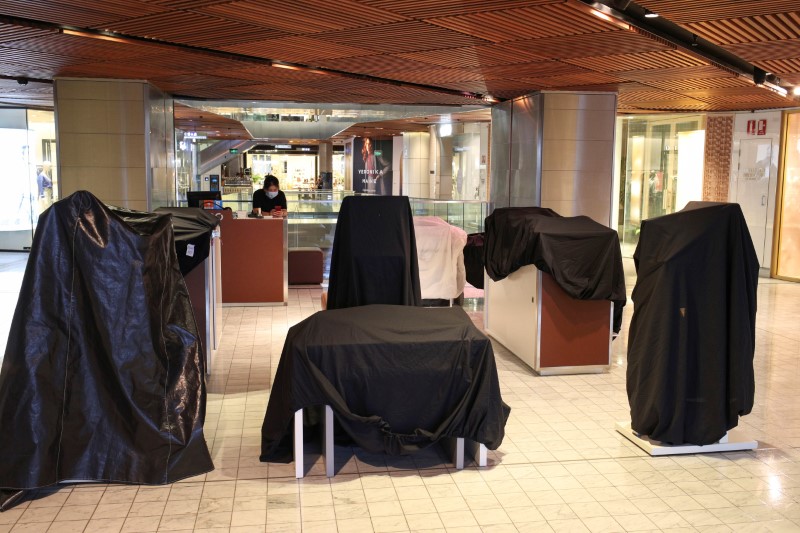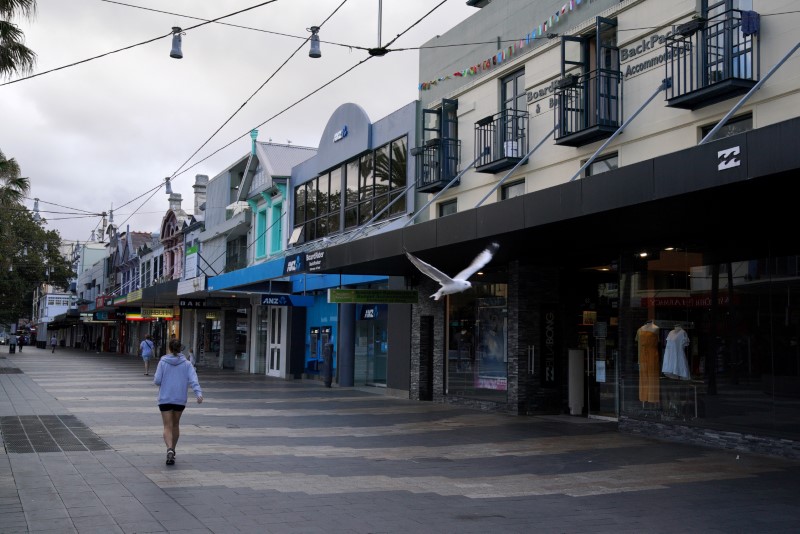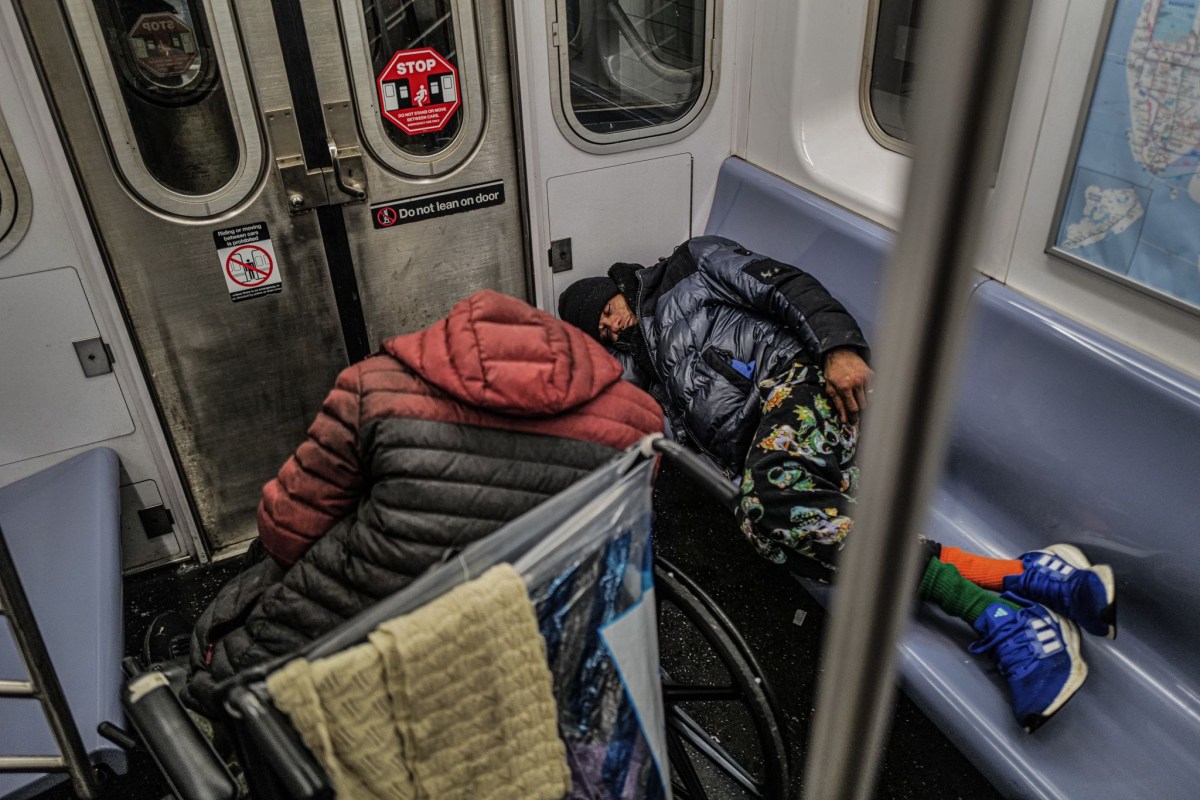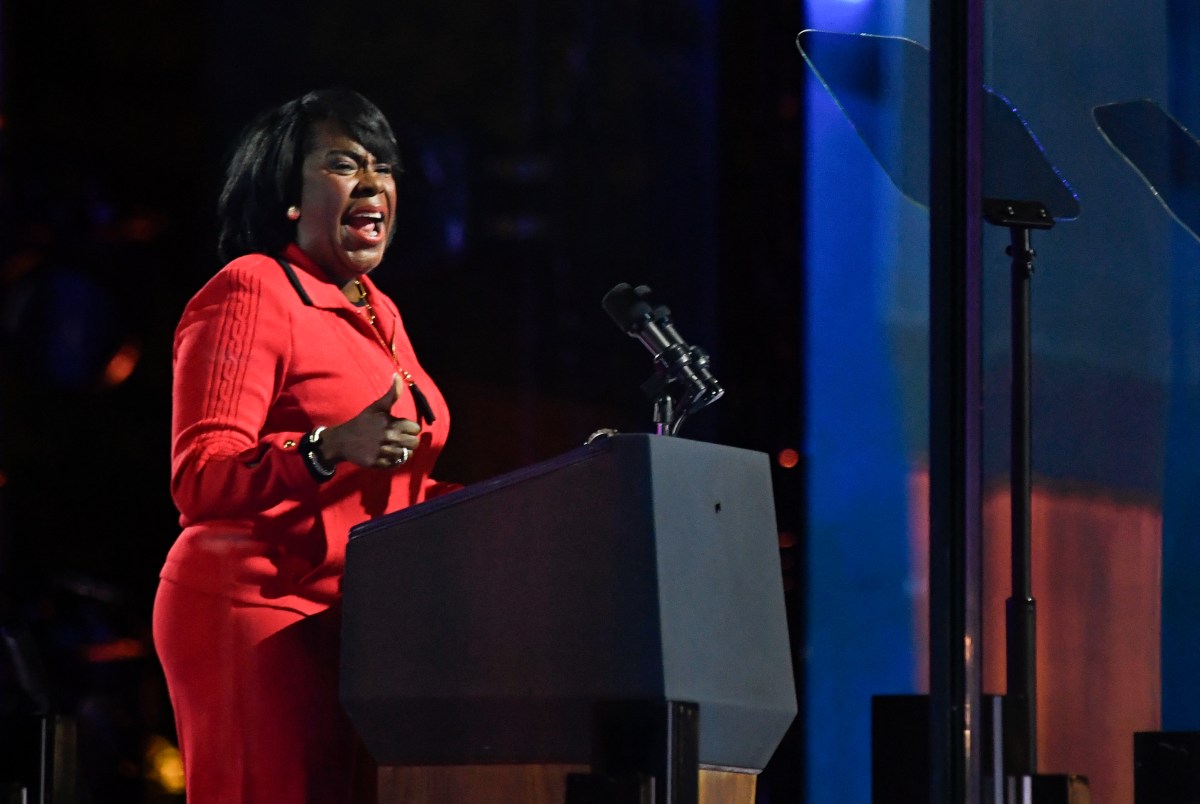SYDNEY (Reuters) – Australian retail sales suffered a historic plunge in April while the trade surplus narrowed as the coronavirus battered the economy, leaving the nation facing its worst ever contraction in the current quarter.
Retail sales slumped a seasonally adjusted 17.7% in April, their biggest on record, from an 8.5% jump in March, data from the Australian Bureau of Statistics (ABS) showed on Thursday.
Cafes, restaurants, clothing and footwear posted record falls.
Separate data showed exports dropped 11% and imports 10% in some of the largest declines in years.
With much of the world in recession, exports of everything from iron ore to coal to gold took a hit in the month.
On the import side the biggest swing was in tourism as globe-trotting Australians were barred from going abroad due to the pandemic.
That saw debits on tourism shrink to just A$49 million in April from A$2.8 billion in March and A$4.3 billion in February, boosting the monthly trade balance.
In contrast, tourism exports dropped only modestly to A$3.3 billion, in part due to spending by tens of thousands of overseas students still in the country.
The net result was that the country’s trade surplus narrowed 16% to A$8.8 billion in April, but still handily beat forecasts of A$7.5 billion.
Australia implemented strict social distancing rules in mid-March to contain the COVID-19 pandemic, forcing many businesses to close. Though some restrictions have eased this month economists say it will be a while before activity returns to pre-crisis levels.
Analysts are predicting Australia’s gross domestic product (GDP) could fall roughly 8% in the current quarter, with the dive in April retail sales alone subtracting 2.1 percentage point off GDP.
That would leave the economy facing its first recession in nearly three decades following the 0.3% contraction last quarter.
To blunt the hit, Australia’s central bank has slashed interest rates to a record low 0.25% and launched an unlimited quantitative easing programme while the federal government has stepped in with a large fiscal support plan too.
Those stimulus measures seem to be working.
Scentre Group <SCG.AX>, which owns and operates Westfield malls in Australia and New Zealand, said last week customer visitation had “steadily increased” across all its centres throughout May, coinciding with more retailers re-opening stores and government restrictions gradually easing.
Separately, ANZ Bank said in the week to May 27, total ANZ-observed debit and credit card spending was up 3.3% from a year ago, including retail spending growth of 25%.
(Reporting by Swati Pandey and Wayne Cole; Editing by Muralikumar Anantharaman, Shri Navaratnam)























